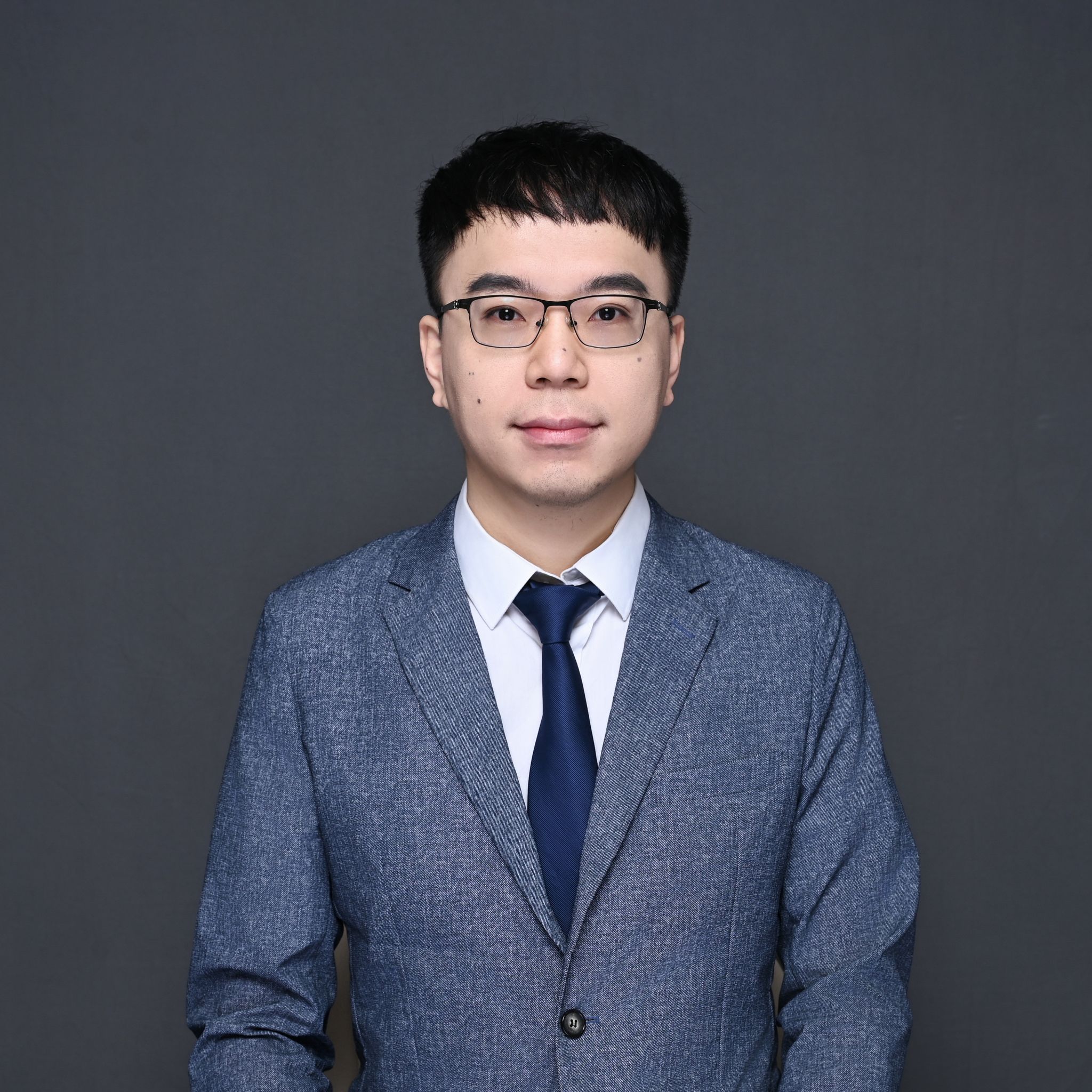



办公室:B2大楼
Email:clslkai@gmail.com
个人网址链接:https://scholar.google.com/citations?user=M_elfHsAAAAJ
2019:获得工学博士学位(韩国首尔大学)
2019-2022:南方科技大学,博士后
2022-2023: 深圳大学,副研究员
刘凯博士在半导体材料器件领域,利用第一性原理、有限元模拟等跨尺度仿真模拟技术,对宽禁带半导体的掺杂调控、新型微纳器件的工作机理等问题进行模拟计算,研究先进功能器件中的缺陷特性和电学、动力学行为,进而揭示材料器件的失效机制,并提出针对性的应对策略。目前已在包括Physical Review B, Chemistry of Materials, Physical Review Applied等杂志上发表论文20余篇。
1. Kai Liu, Zhibin Yi, Guangfu Luo, “Reversing doping asymmetry in semiconductor thin films with external voltage”, Physical Review B 2023, 108(3), 035204
2. Hao Liu*, Huang Gong*, Kai Liu*, Keyuan Ding*, Jintao Chen, Zhaoyang Liu, Feng Rao, “Electronic excitation-induced semiconductor-metal transitions enabling ovonic threshold switching in boron telluride glasses”, Chemistry of Materials 2023, 35 (16), 6396-6404
3. Eunjung Ko, Kai Liu, Cheol Seong Hwang, Hyoung Joon Choi, Jung-Hae Choi, “Tunneling properties of the charge carriers through sub-2-nm-thick oxide in Ge/a-GeO2/Ge structures using the first-principles scattering-state method”, Physical Review Applied 2019, 11 (3), 034016
4. Kai Liu, Eunjung Ko, Sangtae Kim, Jaehong Park, Cheol Seong Hwang and Jung-Hae Choi, “Orientation-dependent structural and electronic properties of Ge/a-GeO2 interfaces: first-principles study”, Journal of Physics D: Applied Physics 2019, 52:155101
5. Kai Liu, Eunjung Ko, Cheol Seong Hwang and Jung-Hae Choi, “A first-principles study of the structural and electronic properties of the epitaxial Ge(111)/La2O3(001) heterostructure”, Journal of Physics D: Applied Physics 2019, 52: 365101
6. Kai Liu, In Won Yeu, Cheol Seong Hwang and Jung-Hae Choi, “Initial oxidation and surface stability diagram of Ge(100) as a function of the temperature and oxygen partial pressure through ab initio thermodynamics”, Physica Scripta 2019, 95 (2): 025701
7. S Jiang, G Wang, H Deng, Kai Liu, Q Yang, E Zhao, L Zhu, W Guo, J Yang et. al, “General synthesis of 2D magnetic transition metal dihalides via trihalide reduction”, ACS nano 2023, 17 (1), 363-371
一种调控宽禁带半导体材料缺陷及掺杂特性的方法,专利号码:202011004830.3